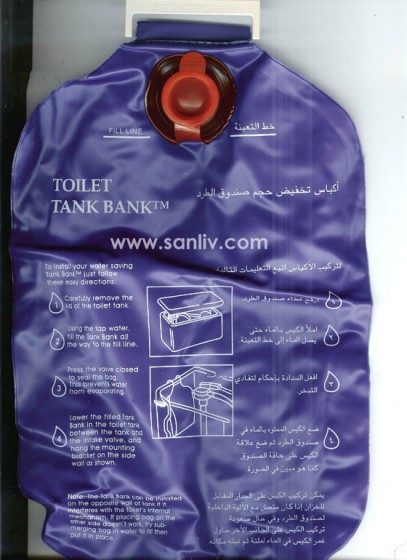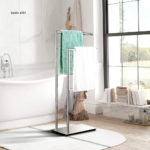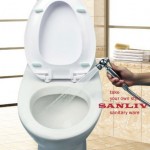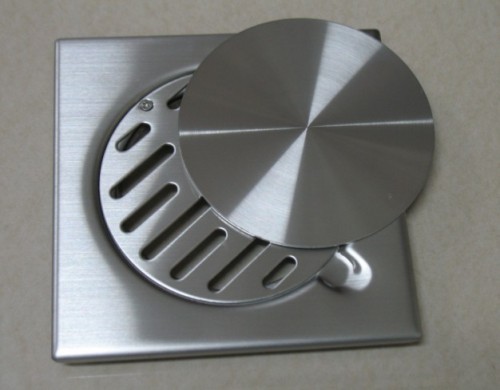Clogged Toilet Repair: How to Fix an Overflowing Toilet Bowl. A toilet is a bathroom fixture that usually consists of a water-flushed bowl and seat. Plumbing Concerns: Fixing An Overflowing Toilet Bowl. An overflowing toilet bowl always manages to cause a certain amount of anxiety in a household. When you see the water filling up in the bowl, and rising to the rim, you feel like its time to panic. Fortunately, an overflowing toilet is usually a pretty easy problem to fix. You don’t normally need to call a plumber for this type of plumbing concern. Most of the time an overflowing toilet bowl is caused by a clog caused by toilet paper. Sometimes, though, it can be caused by a foreign object, such as a washcloth, a child’s toy, a comb, a small hair brush, et cetera.
The most important thing to remember- when you realize you have a clogged toilet- is to never, ever flush the toilet a second time! It seems to be human nature to try to and flush again in hopes that whatever is causing the clog will just go on down the plumbing pipes. Sometimes it does, and sometimes it doesn’t. If it doesn’t, you’ll just end up with more mess than you would of had in the first place.
So, instead of making this dreadful mistake, wait and see if the water level lowers by itself. If it doesn’t, then it’s time for you to take action. First, try using a toilet plunger to clear the clog. A toilet plunger is especially made for toilet bowls. It has a rubber, cone – shaped extension on the bottom of the cup. This extension allows an additional amount of air to be forced into the toilet bowl. To use this type of plunger, place it directly over the hole in the middle of the bowl. Slowly press on the handle so the plunger down goes down almost flat against the hole. Then, release the handle so the plunger fills back up with air. Repeat this process five to six times. If it appears that you are making progress – the water level has decreased – then, you should press the plunger down and pull it back a little faster in order to increase the air pressure. Repeat this process until you see the water empty from the toilet bowl.
Then, check to see if the clog has cleared by flushing the toilet. If it flushes completely without any problems, your fixing job is done. If it doesn’t, though, you will have to try a second method.
Use a one or two gallon bucket and fill it with tap water. Start pouring the water quickly into the toilet bowl. This should help to create suction in the plumbing pipe. Keep pouring the water in- as long as it doesn’t overflow – until the toilet flushes by itself. Fill the bucket up one or two more times and repeat this process in order to make sure the clog is cleared.
If plunging and flushing with water doesn’t work, then the clog in your toilet bowl is really a stubborn one. You will now need to use a toilet snake – also known as an “auger”- to clear the clog. You can either borrow one from a friend or a neighbor, or you can rent a toilet snake at your local tool rental center. To use it, first push the end of the snake into the toilet bowl. Then, turn the handle to release the wire while you work the auger down into the hole. You will need to use a moderate amount of pressure to force the snake down through the plumbing pipe and through the clog. Once the water in the bowl drains out, you will know that you have successfully cleared the clog. Flush the toilet two to three times to make sure it is cleared.
To help avoid an overflowing toilet bowl in the future, keep the lid closed when the toilet is not in use. Keeping the bowl covered will help reduce the risk of foreign objects getting accidentally dropped into it. If the clogs in your toilet bowl are mainly caused by waste, try flushing the toilet two or three times after each use so there is more water produced. The extra water will help to flush the waste down the plumbing pipes.









